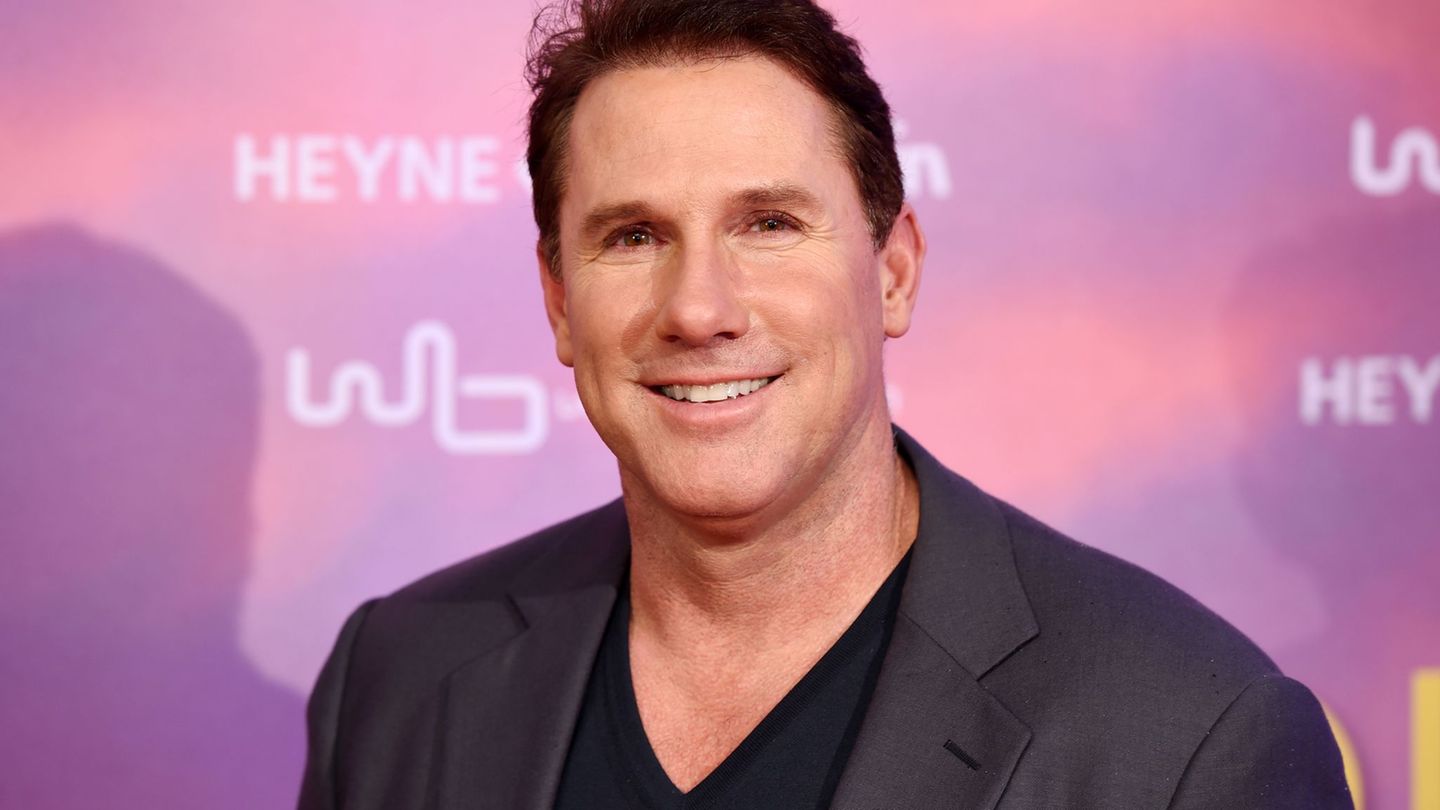After Russia’s attack on Ukraine, the EU wants progress in the Balkans. Three agreements concluded in Berlin can be a step towards more cooperation. But there are some unresolved problems.
Federal Chancellor Olaf Scholz (SPD) and the head of the EU have confirmed the accession prospects of the Western Balkan countries to the European Union. “The six countries in the Western Balkans belong in the European Union. They are part of Europe and part of the European family. That’s why I’m committed to expanding the European Union to include the countries of the Western Balkans,” Scholz said at a summit meeting in Berlin on Thursday with the Prime Ministers of Albania, Bosnia-Herzegovina, Kosovo, North Macedonia, Montenegro and Serbia.
In Berlin, the representatives of the Western Balkan countries signed agreements under which they mutually recognize identity cards, university degrees and professional qualifications. They were encouraged to bring the negotiations on a common economic area for the Balkan states to a successful conclusion. At the beginning of the conference, Scholz also mentioned irregular migration, corruption and organized crime as ongoing problems.
All six countries are aiming to join the EU, but are at different stages. The summit took place as part of the so-called “Berlin Process”, which was launched by then-Chancellor Angela Merkel (CDU) in 2014. The format is intended to promote the EU rapprochement of the Western Balkan countries. Scholz also said the agreements would be entered into in an environment of heightened urgency. “Russia’s brutal war of aggression against Ukraine is forcing us to stand together and securely defend Europe’s freedom,” said Scholz.
Von der Leyen: Get closer to the EU quickly
EU Commission President Ursula von der Leyen emphasized that the aim was to bring the Western Balkan countries as close as possible to the European Union as quickly as possible. To support the six countries in the energy crisis, the German politician announced an aid package worth one billion euros in grants. Half of this should be paid out in January and primarily help households and small and medium-sized companies to cushion the high energy prices. The other half should contribute to the diversification of the energy supply in the medium and long term, i.e. enable investments in renewable energies or new gas and electricity connections.
Edi Rama: Agreements are ‘huge success’
As the host of the follow-up summit, Albania’s Prime Minister Edi Rama described the signing of the three mobility agreements as a “huge success”. This was preceded by years of negotiations with the active support of the federal government. In addition, Rama welcomed the announced aid to expand the energy security of the Western Balkans. “We see that we are not left on our own,” he said.
The FDP domestic politician Stephan Thomae had called for recognizable pressure on Serbia in the dispute over irregular migration. “It cannot simply be accepted that Serbia allows refugees from other countries to enter the country without a visa in order to then smuggle them on to EU member states. The EU accession negotiations with Serbia must therefore be frozen immediately as long as the Serbian government remains on this anti-European course ” said Thomas. And: “You can’t want to be included in the European house and at the same time devastate the front yard.”
Source: Stern
David William is a talented author who has made a name for himself in the world of writing. He is a professional author who writes on a wide range of topics, from general interest to opinion news. David is currently working as a writer at 24 hours worlds where he brings his unique perspective and in-depth research to his articles, making them both informative and engaging.




